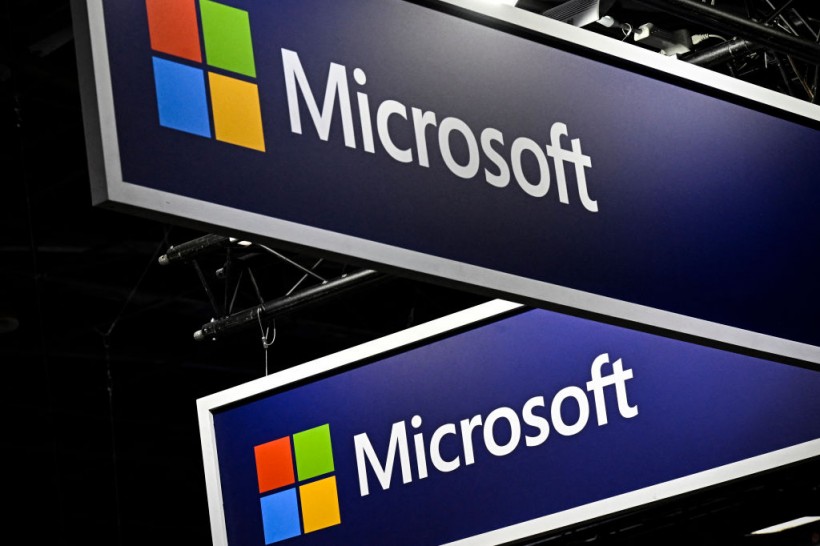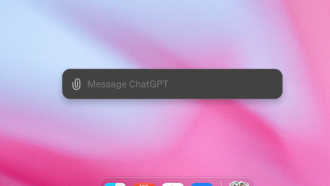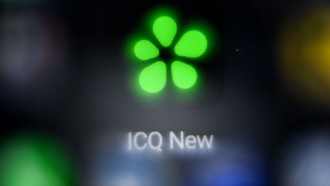Microsoft's new vision foundation model, centered on Florence-2, is capable of handling different types of capabilities and features for clients. Microsoft's Azure AI team released it, and it has not yet been tested in real-world processes, but it promises significant capabilities that enable vision-related tasks or applications for various needs.
Its new model offers a variety of experiences it can fulfill for users, and it supersedes the single-use vision models that may no longer function if given a new task.
Microsoft's Florence-2 From Azure AI Team Is Now Here
Microsoft's Azure AI team released the Florence-2 vision foundation model at HuggingFace (via VentureBeat). It offers vision and vision-language tasks for users.

(Photo : JULIEN DE ROSA/AFP via Getty Images)
It can handle different functionalities through a unified, prompt-based representation, said VentureBeat, and is available in two size parameters, including 232M and 771M.
Microsoft's Florence-2 is regarded as bringing significant features to the table and can match other vision models in the market with massive capabilities. It already offers features such as object detection, segmentation, visual grounding, captioning, and other tasks for its clients.
Read Also: AI Vision is Less Superior than Human Vision New Study Finds
Florence-2: Microsoft's Vision Foundation Model
The report claimed that Microsoft's Florence-2 has not yet been tested in its real-world performance.
However, it can already deliver significant expectations to enterprises through a single, unified approach for different technology applications.
Moreover, it already offers significant capabilities that surpass task-specific vision models available in the market, as it can offer various outputs and would not require separate ones for different tasks.
AI Vision: What It Brings to the Table
AI vision has been a long debate and discussion in the tech industry, particularly as it saw a significant rise as generative AI models have taken their place in the world. It is known that OpenAI is among the earliest to float the vision experience for AI models, and it is looking to improve more of its artificial intelligence developments through this new input.
Microsoft has released various releases behind its AI developments, centering on better tech capabilities, especially for its availability on Windows via Copilot. Vision is one of the techs the company is developing to deliver improved functionality that will greatly improve what it offers, with significant support from its partnership with OpenAI.
Among the big names in AI, Google also delivers this kind of artificial intelligence called Vision AI, which will soon deliver expanded capabilities for all.
Microsoft's foray into AI vision is now coming to fruition, with Azure AI's Florence-2 offering significant advancements to its system expansion.
Related Article: Microsoft's Windows 11 Copilot+ PCs Will Not Have Recall AI After Privacy Concerns






